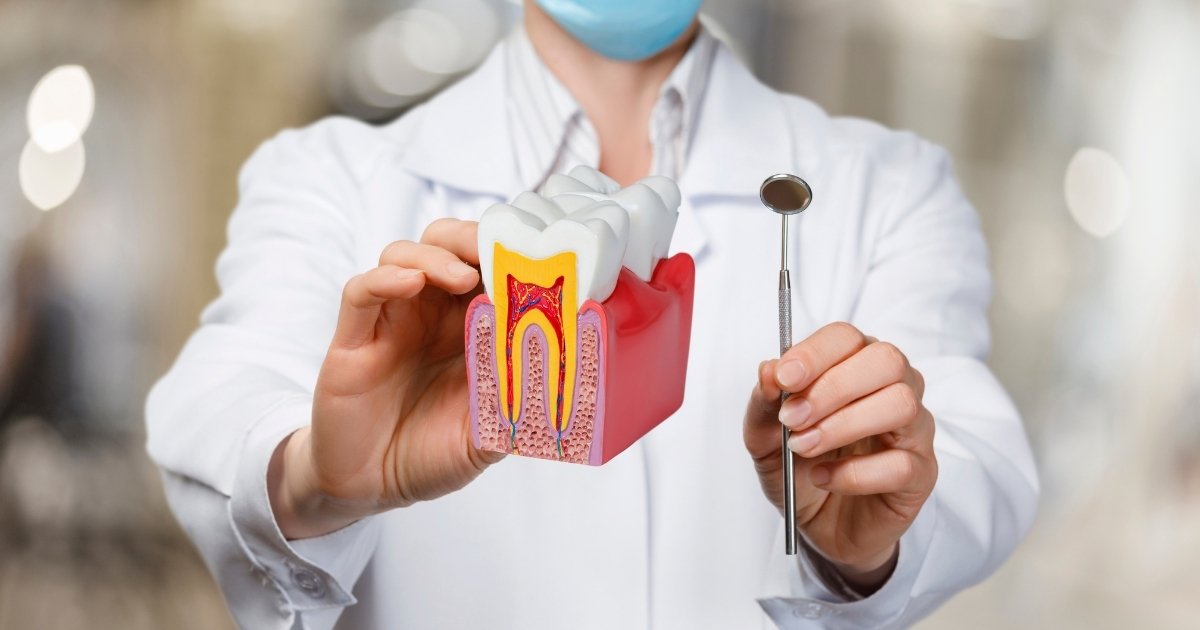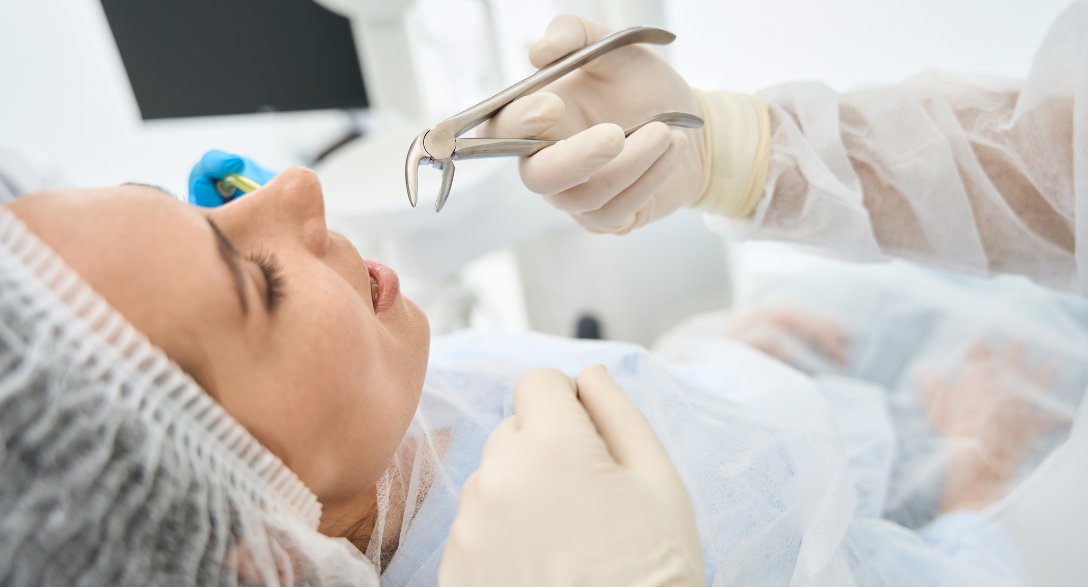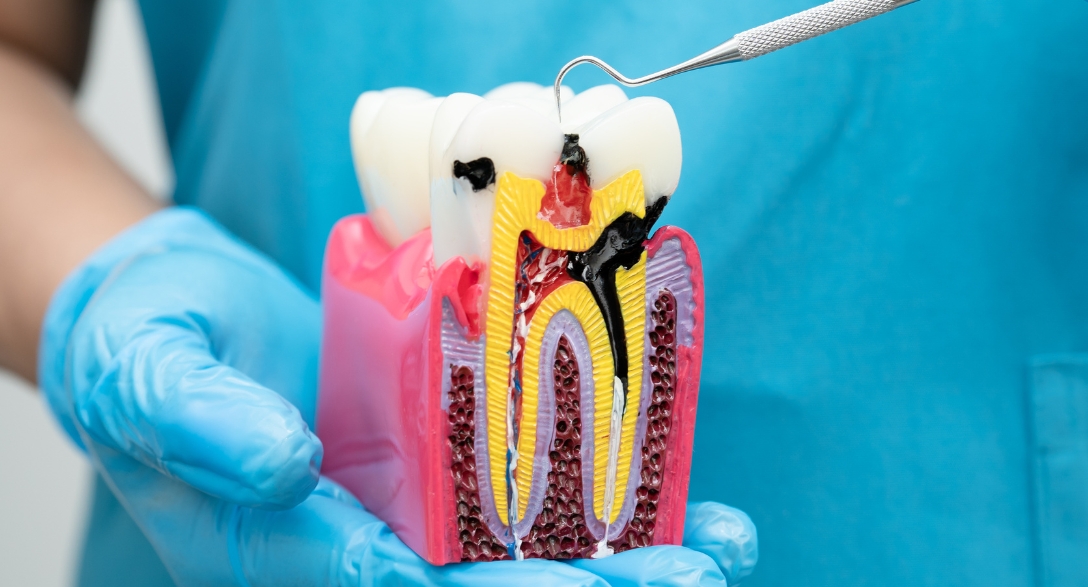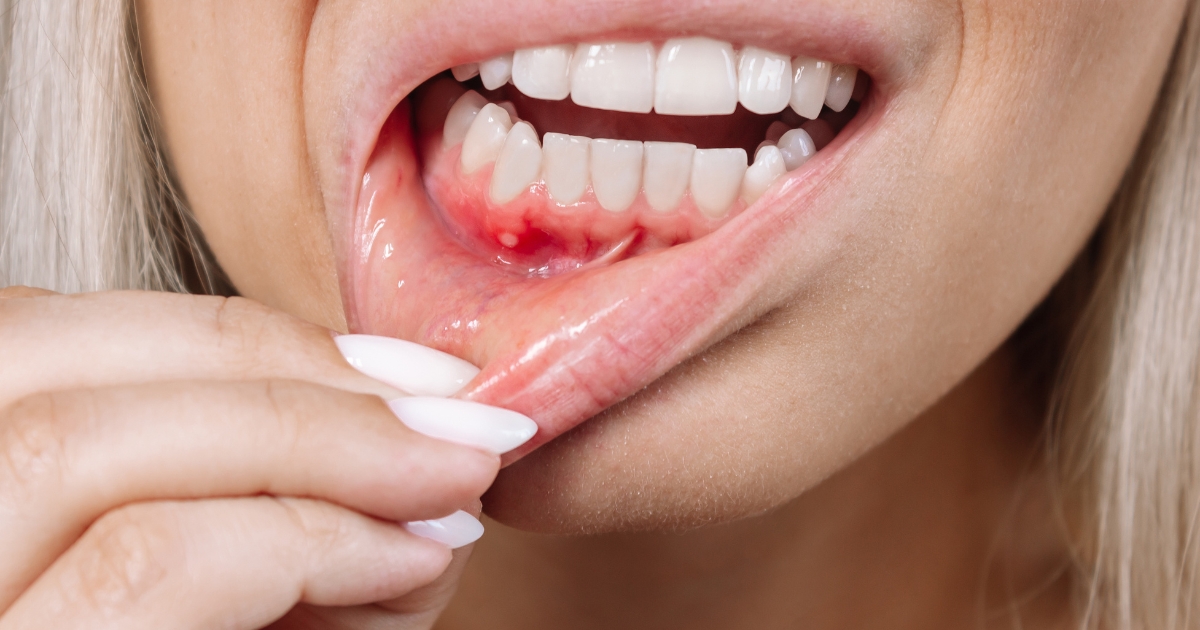Call Us Today 817-737-7668

Dental trauma, or traumatic injury, occurs when a tooth is damaged due to accidents, falls, or sports injuries. It can range from a minor chip to severe fractures or tooth loss. Long-term care is crucial to avoid complications like infections or permanent tooth loss.
Without proper care, the damage could worsen over time. This blog will explore practical tips to maintain your teeth after experiencing traumatic injury and ensure lasting oral health.
The Impact of Dental Trauma
Dental trauma comes in various forms, including fractures, dislodgements, and chips. A fracture could range from a small crack to a large split that exposes the inner pulp. Dislodged teeth may be completely knocked out or pushed into the gums. Chips may result in sharp edges that irritate soft tissues.
Left untreated, traumatic injury can lead to infections, persistent pain, and even tooth loss. The tooth’s root can become infected if the pulp is exposed, requiring root canal therapy. Over time, untreated trauma can affect your bite, making it difficult to chew and speak.
Immediate care is vital for minimizing the effects of trauma. A dentist can assess the damage and recommend the necessary treatments. Addressing the issue as soon as possible is crucial to prevent further complications.
Immediate Steps to Take After Dental Trauma
When you experience a traumatic tooth injury, taking immediate action can make a significant difference. If your tooth has been knocked out, rinse it with clean water. Don’t scrub it or remove any tissue attached to it.
Place the tooth back into its socket, holding it by the crown if possible. Store the tooth in milk or saline solution if this isn’t possible. For a chipped tooth, rinse your mouth with warm water and apply a cold compress to reduce swelling.
In both cases, seeing a dentist immediately is essential. The sooner you get professional care, the better the chances of saving your tooth. Delaying treatment can lead to irreversible damage, worsening the injury and making recovery more complex.
A dentist Forney will evaluate the situation and suggest the best action, whether splinting a dislodged tooth, performing a root canal, or other restorative treatments.
Long-Term Care Tips for Maintaining Affected Teeth
Tip 1: Regular Dental Check-Ups
After experiencing traumatic injury to your teeth, regular dental check-ups are essential. Your dentist will monitor the damaged teeth for hidden issues, such as cracks or decay.
Even if your tooth seems fine, a follow-up visit ensures that the trauma hasn’t caused underlying problems that may worsen over time. Consistent visits also allow your dentist to recommend preventive treatments to protect your affected teeth.
Tip 2: Protecting Teeth During Physical Activity
Sports and physical activities increase the risk of further traumatic injury to your teeth. Wearing a mouthguard is crucial, especially if you engage in high-impact sports like football, basketball, or hockey. A custom-fit mouthguard offers the best protection, cushioning the impact and preventing future damage to your teeth.
Tip 3: Proper Oral Hygiene Practices
Good oral hygiene is vital after dental trauma. Brushing gently with fluoride toothpaste helps prevent plaque buildup and infection around the affected tooth. Flossing daily is essential to remove food particles between your teeth. Using an antibacterial mouthwash can also reduce the risk of infections, which is particularly important if the pulp is exposed due to trauma.
Tip 4: Avoiding Bad Habits
Avoid habits that can aggravate your traumatized teeth. Nail-biting, chewing on hard objects, or using your teeth to open bottles can cause further damage to weakened or repaired teeth. These habits may also lead to additional fractures or dislodgement, delaying the healing process.
Tip 5: Managing Sensitivity
Teeth affected by trauma may become sensitive to hot or cold temperatures. Using desensitizing toothpaste can help alleviate discomfort. A dentist may also recommend a fluoride treatment to strengthen the enamel and reduce sensitivity. If sensitivity persists, it could be a sign of further damage that needs professional attention.
Tip 6: Nutrition and Healthy Diet
Eating a balanced diet rich in calcium and vitamin D supports tooth strength and overall dental health. Foods like dairy, leafy greens, and fish contribute to healthy teeth, especially after traumatic injury. A nutritious diet helps promote healing and prevents long-term damage to your teeth.
When to Seek Professional Help?
It’s essential to keep an eye out for warning signs that may require a dentist’s attention. If you experience pain, swelling, or changes in tooth color after dental trauma, seek professional help immediately. These symptoms could indicate infection, pulp damage, or other complications that require treatment.
A dentist may recommend treatments like root canal therapy, which is necessary if the tooth’s pulp has become infected. In some cases, crowns or other restorations might be needed to protect and strengthen the tooth. Timely intervention can prevent further damage and ensure that your teeth remain functional for years.
Long-term care after a traumatic injury is vital for preserving your dental health. With early intervention and consistent care, you can reduce the risk of complications and ensure your teeth remain strong. Prioritize regular check-ups, practice good oral hygiene, and protect your teeth during physical activity.
If you notice any signs of problems, consult our dentists promptly. By following these tips, you’ll promote healing and maintain your oral health for years to come. Don’t hesitate to reach out to our dentists for personalized advice and care.





